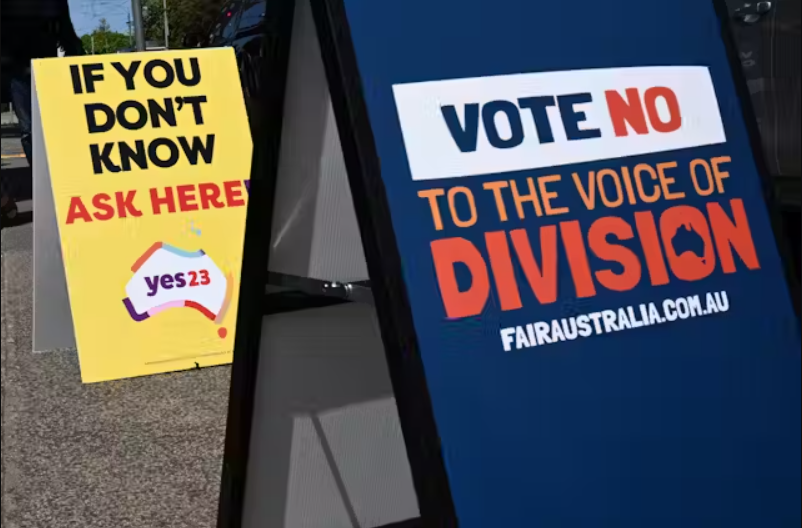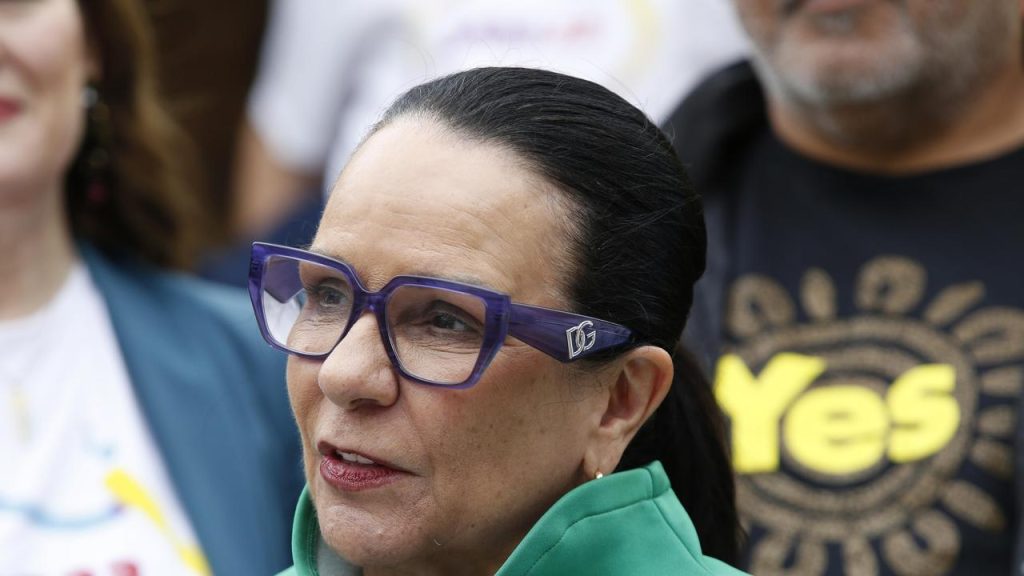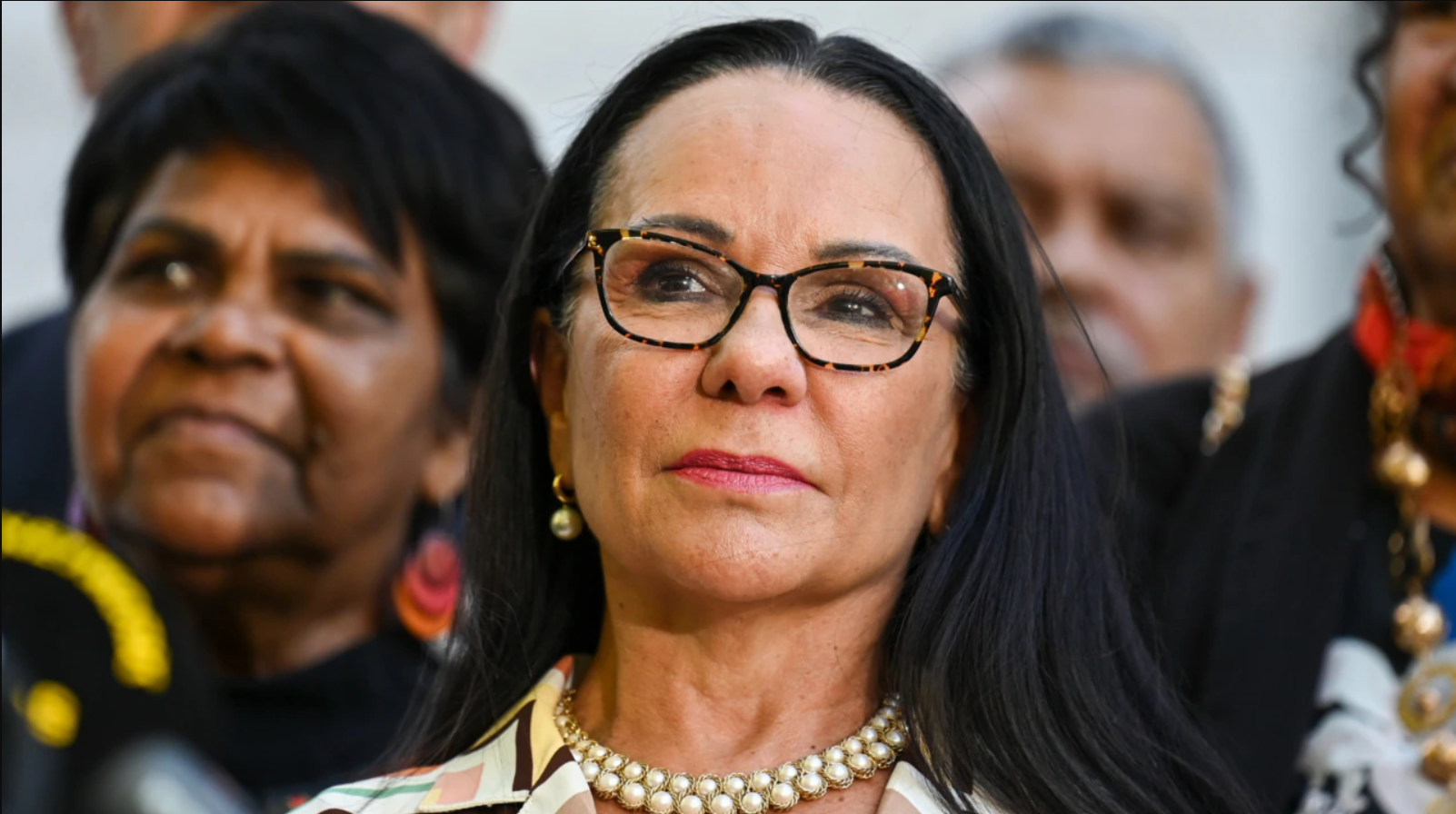More than half a million Australians have early voted in a historic referendum on enacting an Indigenous Voice to the Federal Parliament, whilst the rest of the nation have eight days to decide whether they will vote ‘Yes’ or ‘No’ on Saturday, October 14.
If approved, the Indigenous Voice to Parliament would enable Aboriginal and Torres Strait Islander people to provide advice to the Parliament on policies and projects that impact their lives.
As October 14 nears, opinion polls show a steady decline in public support for the Voice, although the latest Guardian Essential poll on Tuesday suggests the ‘Yes’ side is making ground for the first time in months.

Supporters of the Indigenous Voice say it will lead to better outcomes for Aboriginal and Torres Strait Island people who face lower life expectancies and poorer health outcomes compared to other Australians. Those opposed say the Voice is a largely symbolic gesture which could undermine Australia’s existing government structures.
The topic has become the subject of fierce debate in Australia in recent months.
The Greek Herald spoke with the Federal Minister for Indigenous Australians, Linda Burney MP, to hear her thoughts on the debate and she said it’s about cutting through the misinformation.
“The Voice is important because it will recognise Aboriginal and Torres Strait Islander people in the Constitution and… it creates an advisory body to the Parliament of Aboriginal and Torres Strait Islander people, which will lead to better outcomes in life expectancy, baby birth weights, living conditions, fresh water in communities, and the list goes on,” Ms Burney said.

The Voice was first recommended in 2017 by a historic document called the Uluru Statement from the Heart. Drafted by more than 250 Indigenous leaders, the statement is considered a call to action for reforms on issues affecting First Nations Australians. It also lays out a longer process of treaty-making and truth-telling.
“I think that once people know the simplicity of what’s being requested, once people know the invitation is from Aboriginal people not from the government, and once people understand the generosity of this invitation and how modest it is… all the other noise and misrepresentations and disinformation flows away,” Ms Burney explained.
When we asked the Minister what the role of the Greek Australian community was in ensuring the right information gets across to those people who were either against the Voice or on the fence, her answer was simple.
“I consider the Greek community incredibly important,” Ms Burney said.
“It’s a very large community, incredibly established, has contributed enormously to who we are as a nation now and I think that there are lots of affinities that the Greek community has with Aboriginal Australia and I really appreciate that.”
